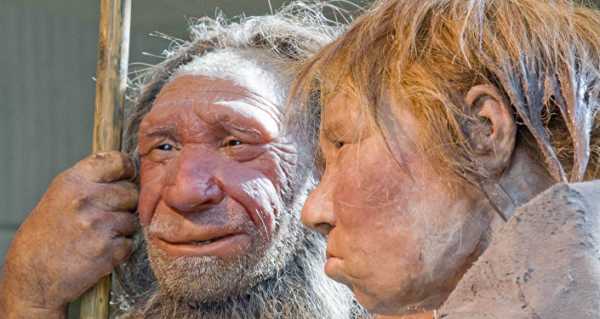
The Neanderthal teeth recovered on the Channel island of Jersey in the first half of the 20th century were previously believed to have belonged to a single individual, rather than at least two adult individuals, as a new study has established.
A study of ancient Neanderthal teeth conducted by researchers from the University of Kent, together with their colleagues from the UCL Institute of Archaeology and the Natural History Museum, has offered new hints about apparent interbreeding between the extinct archaic human subspecies and anatomically modern humans.
The 13 Neanderthal teeth in question were discovered back in 1910 and 1911 during an excavation conducted by the Société Jersiaise at a paleolithic site known as La Cotte de St Brélade, located on the island of Jersey.
And although the teeth, found preserved on a granite ledge inside a cave, were originally believed to have belonged to a single individual, the researchers determined that these teeth come from at least two adult individuals; also, “several of the teeth lack features normally found in these ancient humans, and certain aspects of their shape are typical of modern humans,” according to an article published on the University of Kent’s website.
Dr Matt Pope, leading the excavations at La Cotte de St Brélade for UCL’s Institute of Archaeology, also remarked that the find provides a “glimpse of a new and intriguing population of Neanderthal people and opens the door to a new phase of discovery at the site”.
Funded by Jersey Heritage, the renewed excavations at La Cotte de St Brélade started in 2019.
Sourse: sputniknews.com
0.00 (0%) 0 votes


































